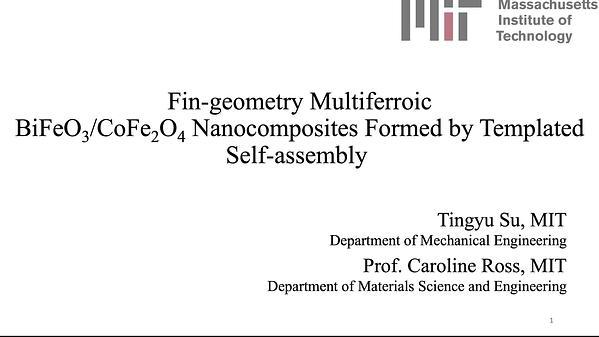Would you like to see your presentation here, made available to a global audience of researchers?
Add your own presentation or have us affordably record your next conference.
Scalable implementation of fault-tolerant quantum computing 1 requires selective addressing of qubits. This is challenging when such qubits are discrete points or regions on a lattice at nanoscale dimensions as it is difficult to localize and confine a classical divergence-free field to a small volume in space. We propose a new technique for individual control of spin qubits 2,3 implemented with induced field of nanomagnets using voltage control of magnetic anisotropy (VCMA) 4. We show that by tuning the frequency of the nanomagnet’s electric field drive to the Larmor frequency of the spins confined to a nanoscale volume, and by modulating the phase of the drive, single-qubit quantum gates with fidelities approaching those for fault-tolerant quantum computing 1 can be implemented. Such single-qubit gate operations are energy efficient, requiring only tens of femto-Joules per gate operation, lossless, and purely magnetic field control (no E-field over the target volume). Furthermore, while our initial motivation for using a qubit comprising an ensemble ~10-100 spins is to improve signal to noise ratio for read out, we will investigate if exchange coupling between them can mitigate dephasing and further improve single qubit gate fidelity.
References 1 Gottesman, D. Phys. Rev. A 57, 127–137 (1998). URL https://link.aps.org/doi/10. 1103/PhysRevA.57.127.
2 Cory, D. G., Fahmy, A. F. & Havel, T. F. Proc. Nat. Acad. Sci. (USA) 94, 1634–1639 (1997). URL https://www.pnas.org/content/94/5/1634.
3 Gershenfeld, N. A. & Chuang, I. L. Science 275, 350–356 (1997). URL https://science. sciencemag.org/content/275/5298/350.
4 Wang, K. L., Lee, H. & Amiri, P. K. IEEE Transactions on Nanotechnology 14, 992–997 (2015).
5 Niknam, M., Chowdhury, M.F.F., Rajib, M.M., Misba, W.A., Schwartz, R.N., Wang, K.L., Atulasimha, J. and Bouchard, L.S., 2022. arXiv preprint arXiv:2203.16720.

